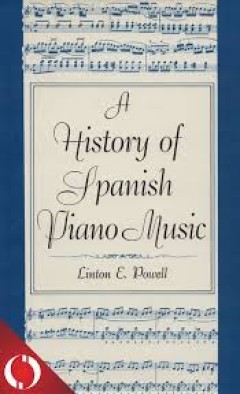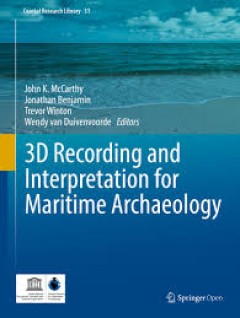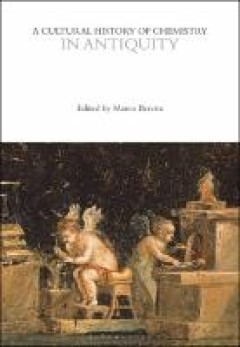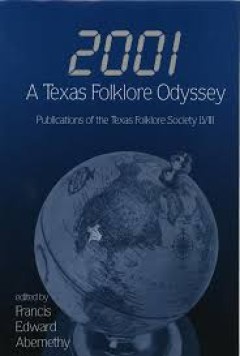Filter by

Access Contested Security, Identity, and Resistance in Asian Cyberspace
Experts examine censorship, surveillance, and resistance across Asia, from China and India to Malaysia and the Philippines. A daily battle for rights and freedoms in cyberspace is being waged in Asia. At the epicenter of this contest is China—home to the world's largest Internet population and what is perhaps the world's most advanced Internet censorship and surveillance regime in cyberspace.…
- Edition
- -
- ISBN/ISSN
- 9780262016780
- Collation
- oer.unej.ac.id
- Series Title
- Information Revolution and Global Politics,
- Call Number
- Network security

Abu Zayd AlBalkhi’s Sustenance of the Soul
Al-Balkhi explains symptoms and treatments giving advice on preventive measures and how to return the body and soul to their natural healthy state. In doing so he displays a keen understanding of the human condition and the medical nature of the human emotional state. An astonishing feat given that many of the conditions he discusses were left largely unknown and untreated for centuries before …
- Edition
- -
- ISBN/ISSN
- 9781565645035
- Collation
- oer.unej.ac.id
- Series Title
- -
- Call Number
- Cognitive behavioural therapy

A History of Spanish Piano Music
Although Spain has had a long tradition of keyboard music, A History of Spanish Piano Music is the first study of that rich heritage. Linton E. Powell surveys the lives and works of over 150 composers from the eighteenth century to the present and discusses the relevant schools of composition, the regional styles, and the effects of social and political developments on the music of Spain. The f…
- Edition
- -
- ISBN/ISSN
- 9780253051325
- Collation
- -
- Series Title
- -
- Call Number
- -

1. Uluslararası Prof. Dr. Fuat Sezgin İslâm Bilim Tarihi Sempozyumu Bildir…
Within the scope of the events of the 2019 Prof. Dr. Fuat Sezgin Year, under the auspices of our Presidency and with the support of the Ministry of Culture and Tourism, in partnership with Istanbul University, Fatih Sultan Mehmet Foundation University, and the Fuat Sezgin Islamic Science History Research Foundation, we had the honor of hosting the first International Prof. Dr. Fuat Sezgin Sympo…
- Edition
- -
- ISBN/ISSN
- 978-605-07-0752-6
- Collation
- -
- Series Title
- -
- Call Number
- -

(Re-)Inventio: Die Neuauflage als kreative Praxis in der nordalpinen Druckgra…
This volume examines the making of new edition prints in the early modern north Alpine region and argues that it was a complex aesthetic strategy of creative appropriation.
- Edition
- -
- ISBN/ISSN
- 9783110725506
- Collation
- -
- Series Title
- -
- Call Number
- -

3D Recording and Interpretation for Maritime Archaeology
This open access peer-reviewed volume was inspired by the UNESCO UNITWIN Network for Underwater Archaeology International Workshop held at Flinders University, Adelaide, Australia in November 2016. Content is based on, but not limited to, the work presented at the workshop which was dedicated to 3D recording and interpretation for maritime archaeology. The volume consists of contributions from …
- Edition
- -
- ISBN/ISSN
- -
- Collation
- -
- Series Title
- -
- Call Number
- -

African Land Reform Under Economic Liberalisation
This open access book offers unique in-depth, comprehensive, and comparative analyses of the motivations, context, and outcomes of recent land reforms in Africa. Whereas a considerable number of land reforms have been carried out by African governments since the 1990s, no systematic analysis on their meaning has so far been conducted. In the age of land reform, Africa has seen drastic rural cha…
- Edition
- -
- ISBN/ISSN
- 978-981-16-4725-3
- Collation
- 203
- Series Title
- -
- Call Number
- -

A Cultural History of Chemistry in Antiquity
This open access bookA Cultural History of Chemistry in Antiquity covers the period from 3000 BCE to 600 CE, ranging across the civilizations of the Mediterranean and Near East. Over this long period, chemical artisans, recipes, and ideas were exchanged between Mesopotamia, Egypt, Phoenicia, Greece, Rome, and Byzantium. The flowering of alchemy in the Middle and Early Modern Ages had its roots …
- Edition
- -
- ISBN/ISSN
- 9781350251472
- Collation
- 312 hlm
- Series Title
- -
- Call Number
- -

A Critical History of Health Films in Central and Eastern Europe and Beyond
The burgeoning scholarship on Western health films stands in stark contrast to the vacuum in the historical conceptualization of Eastern European films. This book develops a nonlinear historical model that revises their unique role in the inception of national cinematography and establishing supranational health security. Readers witness the revelation of an unknown history concerning how th…
- Edition
- -
- ISBN/ISSN
- 9781032223544
- Collation
- 284 hlm
- Series Title
- -
- Call Number
- -

2001, a Texas Folklore Odyssey
This volume of the Publications of the Texas Folklore Society "contains a sample of the research that members of the Society were doing at the turn of the millennium as represented at the 1998, 1999, and 2000 meetings." The volume covers "a wide variety of contemporary and historical topics," including baby lore, stories about notable women, stories about food and cooking, information about the…
- Edition
- -
- ISBN/ISSN
- 9781574411409
- Collation
- -
- Series Title
- -
- Call Number
- -
 Computer Science, Information & General Works
Computer Science, Information & General Works  Philosophy & Psychology
Philosophy & Psychology  Religion
Religion  Social Sciences
Social Sciences  Language
Language  Pure Science
Pure Science  Applied Sciences
Applied Sciences  Art & Recreation
Art & Recreation  Literature
Literature  History & Geography
History & Geography